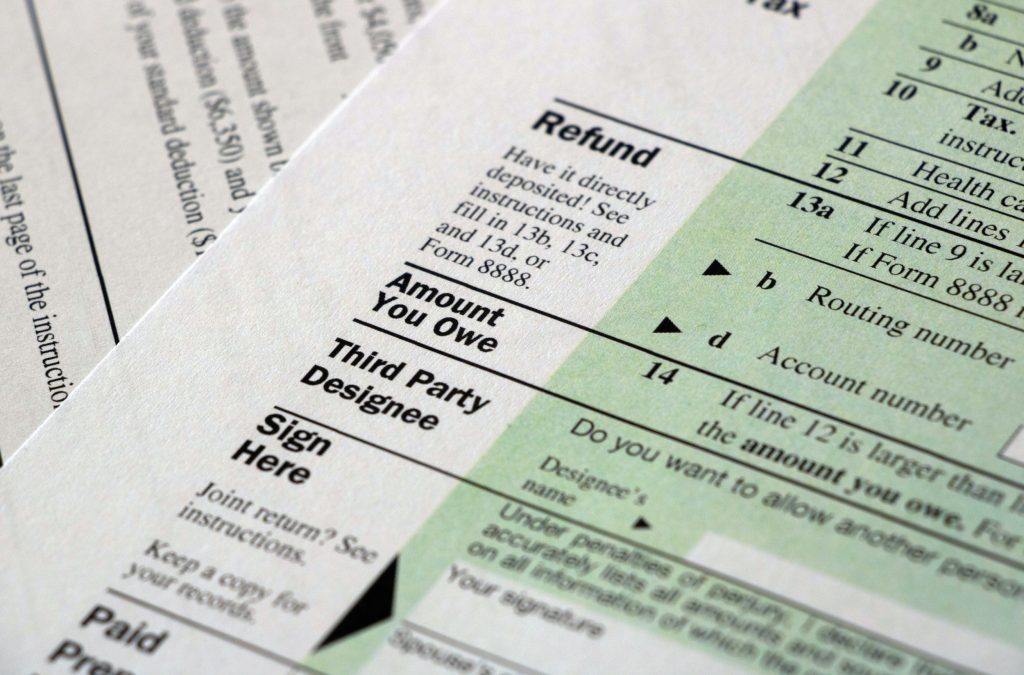Summarize this content to 2000 words in 6 paragraphs As tax day approaches, the Internal Revenue Service (IRS) has reminded U.S. citizens living and working abroad that they have an extension to file their federal income tax returns.While the regular deadline is April 15, those outside the U.S. receive a two-month extension and can file by June 16.Why It MattersAll U.S. taxpayers, regardless of where they live, must report worldwide income to the IRS. That includes wages, interest, dividends and income from foreign sources. Those who fail to file could miss out on valuable tax benefits or face penalties.Taxpayers abroad may qualify for provisions such as the Foreign Earned Income Exclusion or the Foreign Tax Credit, which can reduce or eliminate their U.S. tax liability, but these benefits must be properly claimed on a filed return.
The Internal Revenue Service has reminded U.S. citizens living and working abroad that they have a two-month extension to file their federal income tax returns.
The Internal Revenue Service has reminded U.S. citizens living and working abroad that they have a two-month extension to file their federal income tax returns.
Jon Elswick/AP
What To KnowThe two-month automatic filing extension applies to both U.S. citizens and resident aliens, including those with dual citizenship, who are living or whose main place of business is outside the U.S. or Puerto Rico.It also applies to individuals in the military or naval services on duty outside the U.S. and Puerto Rico.Qualifying taxpayers must attach a statement to their return indicating whether they reside overseas or serve in the military abroad.While the extension would typically fall on June 15, it was further extended by a day to avoid the deadline falling on a Sunday.Even with a tax-filing extension, interest will apply to any 2024 tax payments received after April 15.”This means that unpaid tax-year 2024 tax balances will begin accruing interest, currently at the rate of seven percent per year, compounded daily, after April 15, 2025,” the IRS said in a statement.Those unable to meet the June 16 deadline can request a filing extension until October 15. Individuals can do this by using IRS Free File, or by sending Form 4868 for those unable to request an extension electronically.Taxpayers with foreign bank accounts or assets must also meet separate reporting requirements.Those with foreign financial accounts exceeding $10,000 in value at any time during 2024 must electronically file FinCEN Form 114 with the Treasury Department. They can complete this by October 15, as the department grants an automatic six-month extension.Members of the military in a combat zone during the tax filing season may also qualify for an additional extension of at least 180 days to file and pay taxes.Meanwhile, taxpayers who live or have a business in Israel, Gaza or the West Bank have until September 30 to file and pay.
What People Are SayingJay A. Soled, professor and chair of the Department of Accounting and Information Systems at Rutgers Business School, New Jersey, told Newsweek: “Even with the tax-filing extension, interest will apply to any 2024 tax payments received after April 15. This means that unpaid tax-year 2024 tax balances will begin accruing interest, currently at the rate of seven percent per year, compounded daily, after April 15, 2025.”Commenting on why individuals working and living abroad have a two-month filing extension, Soled said it was “undoubtedly a relic of a bygone era when it was difficult for those living overseas to receive third-party information returns.”He added that “in light of current technological developments, Congress would be wise to eliminate this exception.”What Happens NextTaxpayers living abroad are encouraged to review their filing obligations now and use available resources to avoid penalties.













